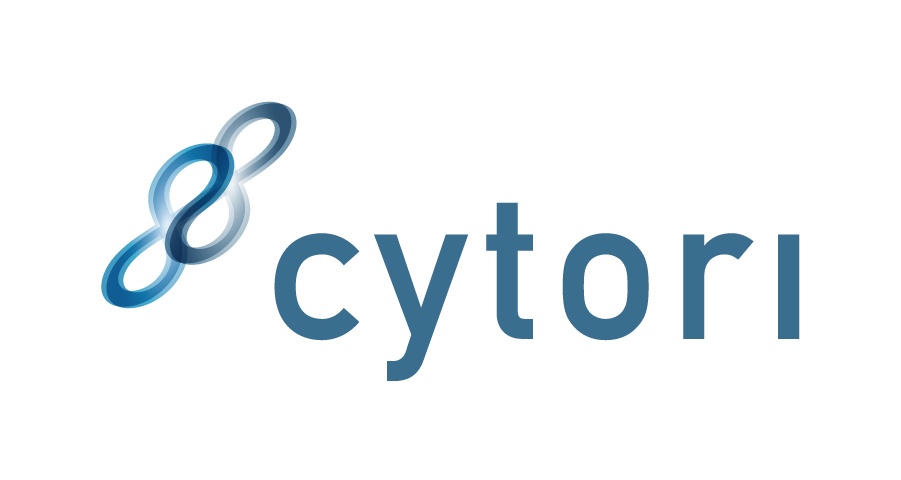Cytori Announces Informational Session on Potential Therapy for Scleroderma

 Late-stage cell therapy company Cytori Therapeutics, Inc. will host an informational session about its pivotal STAR clinical trial, which aims to expand knowledge about scleroderma and test a potential treatment for the disease. The company, which is currently developing autologous cell therapies from adipose tissue, will use the information session on January 14, 2015, from 1:30 PM to 4:30 PM at the Prescott Hotel, 545 Post Street, San Francisco, Room 736, to provide more information about their current progress in treating scleroderma.
Late-stage cell therapy company Cytori Therapeutics, Inc. will host an informational session about its pivotal STAR clinical trial, which aims to expand knowledge about scleroderma and test a potential treatment for the disease. The company, which is currently developing autologous cell therapies from adipose tissue, will use the information session on January 14, 2015, from 1:30 PM to 4:30 PM at the Prescott Hotel, 545 Post Street, San Francisco, Room 736, to provide more information about their current progress in treating scleroderma.
STAR is a pivotal randomized, double blind, placebo-controlled trial that is being conducted by Cytori to assess Cytori Cell Therapy, a potential treatment for impaired hand function associated to scleroderma. About 50,000 people suffer from the rare autoimmune disease in the U.S., and up to 90% of scleroderma patients also experience hand affectations that can cause chronic pain, diminished blood flow, and severe disability. Therefore, the company is going to evaluate Cytori in 80 patients and across 12 study sites next year in order to provide a treatment option for the condition.
[adrotate group=”4″]
Cytori has yet to begin enrolling patients for the trial, which will last for 12 months. However, the company is confident about the success of trial, since the data from preclinical studies suggested that the therapy may be able to improve scleroderma patients’ blood flow by modulating their immune system, as well as improve wound repair. In addition, the U.S. Food and Drug Administration has recently granted Cytori conditional approval for an Investigational Device Exemption (IDE) for the STAR trial.
More information about the study will be presented at the informational session by principal investigator Dinesh Khanna, MD, MS, who will be lecturing not only about the planned trial design, previous trial data and other scientific support, but also about the epidemiology of scleroderma and scleroderma market opportunities.
[adrotate group=”3″]
Currently involved in several projects related to scleroderma, Khanna serves as the Frederick G.L. Huetwell Professor of Rheumatology, Associate Professor of Internal Medicine, and director of the University of Michigan Scleroderma Program. His previous work experience includes being the Clinical Director of UCLA’s Scleroderma Clinic, and his work has focused on the design of clinical trials and evaluation of patient-reported outcomes in scleroderma patients, as well as leading novel international clinical trials in scleroderma.
The board-certified rheumatologist has been granted several awards and honors, such as the 2007 Spirit of Leadership Award, and the 2011 “Best Doctor of the Year” award from the Scleroderma Foundation. He was also selected by his peers to receive the 2011-2012 Best Doctors in America distinction for top physicians. Khanna is a fellow of the American College of Rheumatology, which is currently funded by the National Institutes of Health (NIH), and has authored more than 160 peer-reviewed publications and book chapters.







